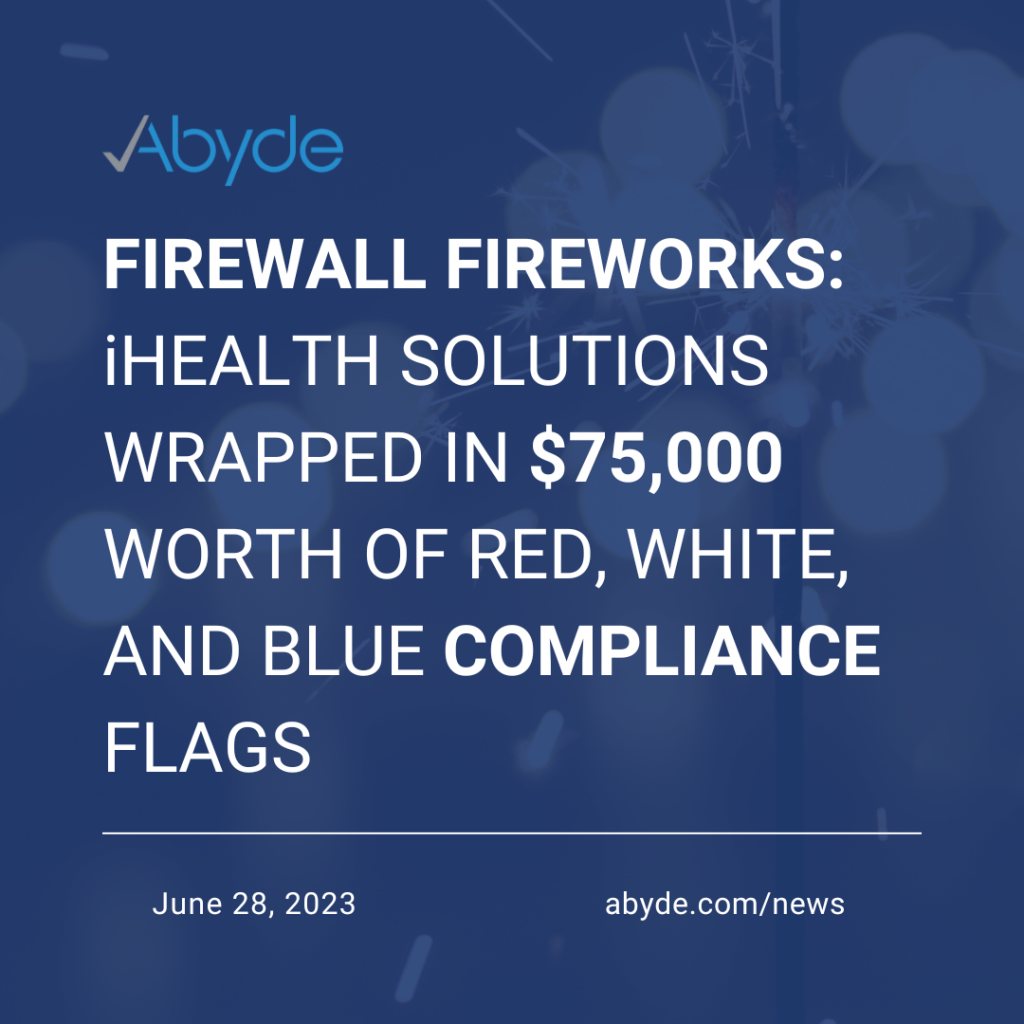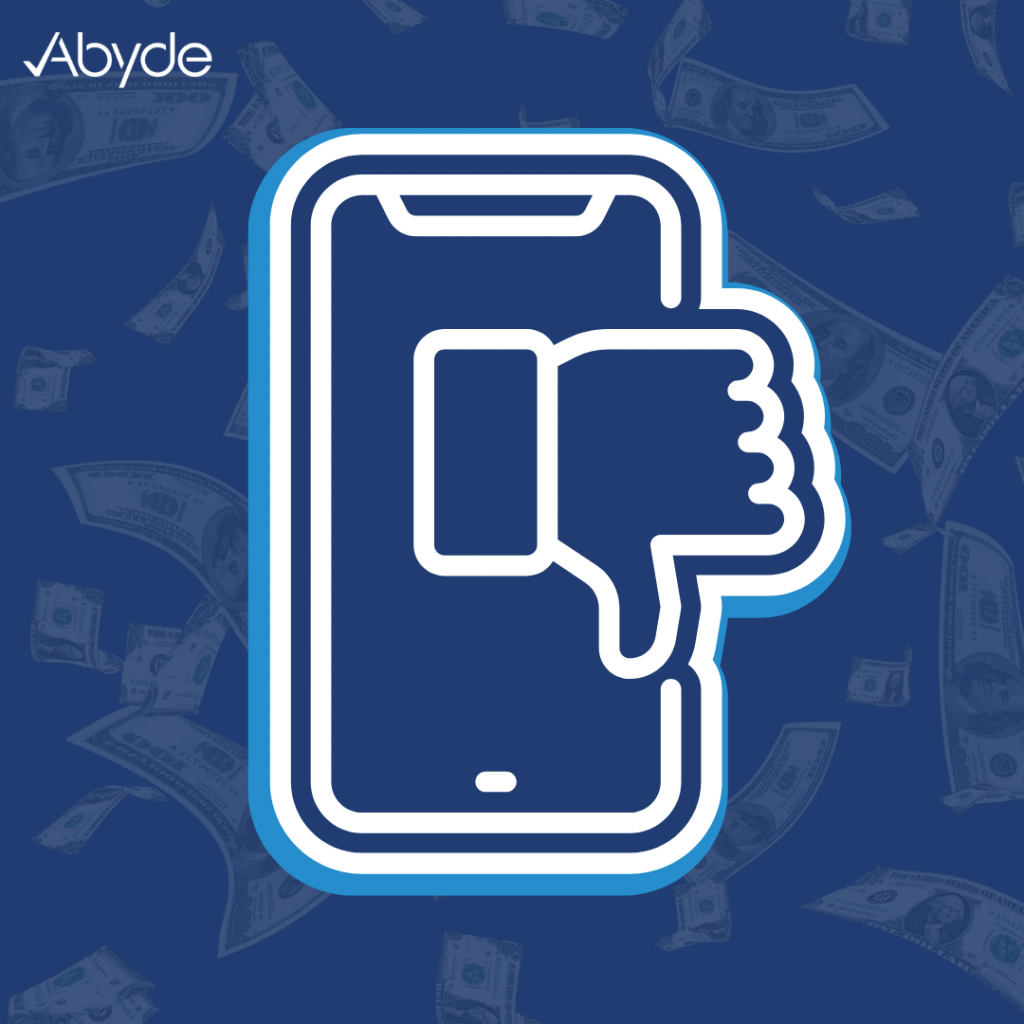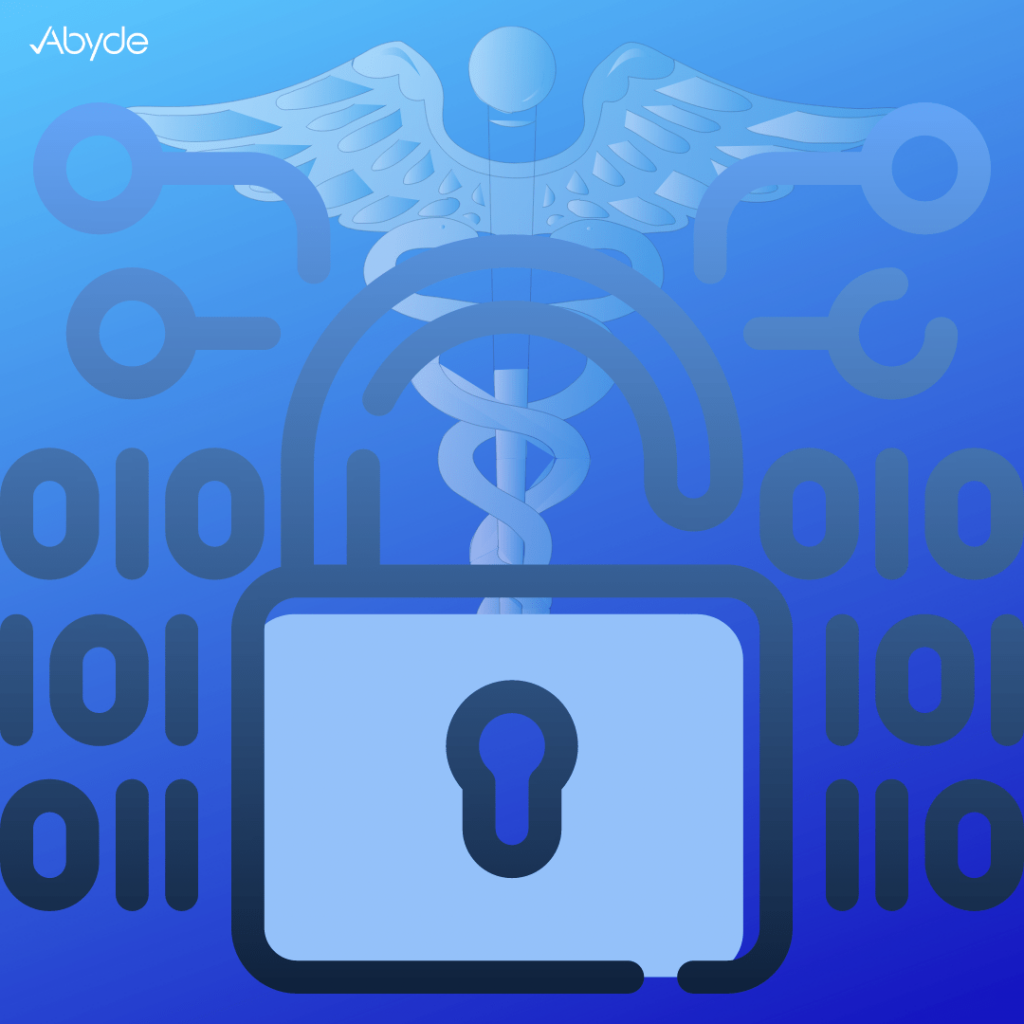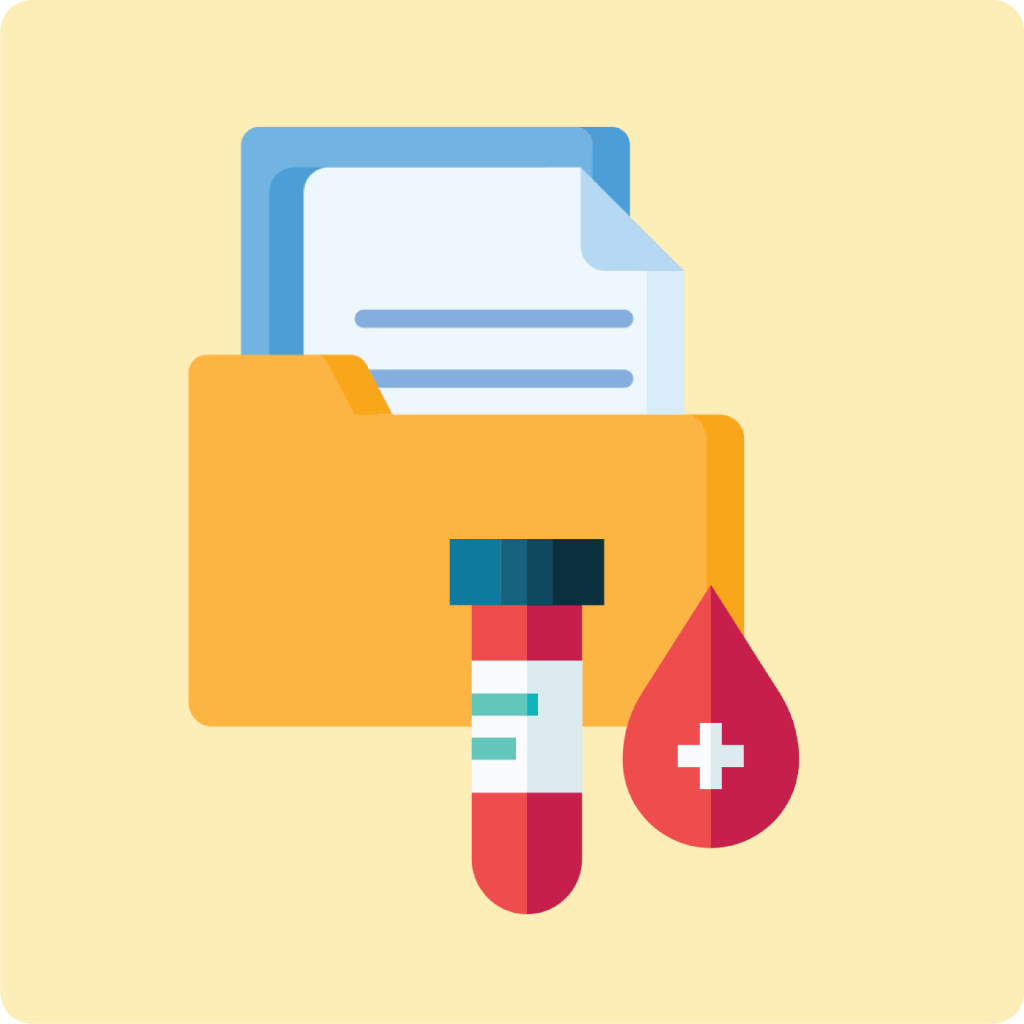June 28, 2023 The U.S. Department of Health and Human Services Office for Civil Rights (OCR) has decided to celebrate the 4th of July a bit differently this year. No, they’re not hosting a BBQ or a picnic. Instead, they’ve resolved a blazing inquiry with iHealth Solutions, a Kentucky-based firm providing a whole array of IT services to healthcare providers, including coding, billing, and onsite IT support. Like leaving the fireworks out in the rain before the big show, iHealth Solutions committed a significant faux pas by allowing the protected health information of 267 people to be as unguarded as a picnic basket at a bear convention. “HIPAA business associates must protect the privacy and security of the health information they are entrusted with by HIPAA-covered entities,” said OCR Director Melanie Fontes Rainer. “Effective cybersecurity includes ensuring that electronic protected health information is secure, and not accessible to just anyone with an internet connection.” In 2017, the sparklers were lit when a report emerged stating that iHealth Solutions had experienced an unauthorized transfer of protected health information from its unsecured server. This information wasn’t just your average email addresses and phone numbers – the information included confidential information, including patient names, birth dates, Social Security numbers, diagnoses, treatment information, and medical histories. The investigation detected a potential failure on iHealth Solution’s part to adequately assess risks and vulnerabilities to electronically protected health information across the organization. So, what’s the big *BANG* at the end of this fuse? A pretty hefty $75,000 civil monetary penalty, paid to OCR by iHealth Solutions. The company also agreed to a corrective action plan which includes several measures to ensure the protection of electronic protected health information. These steps include conducting a thorough analysis to identify risks and vulnerabilities, implementing a risk management plan, evaluating changes that affect the security of information, and revising HIPAA policies and procedures as required. As a finale, iHealth will be under the watchful eye of OCR for two years, ensuring its compliance with the HIPAA Security Rule. Abyde helps organizations avoid catastrophes precisely like this one. Abyde is like the super-organized neighbor who prepares for the 4th of July celebrations months in advance, ensuring everyone’s safety and enjoyment. They’re not in the business of barbecues and fireworks but rather in making HIPAA compliance as smooth and worry-free as a classic American apple pie. So, as we celebrate our independence this July 4, let’s remember that freedom should never come at the expense of our security, especially when it involves our personal health information. Here’s hoping your barbecues are hot, your fireworks are safe, and your servers are secure!
New Jersey Doctor Fined $30k for Breaching HIPAA in Responses to Negative Google Reviews
June 5, 2023 The U.S. Department of Health and Human Services (HHS) launched an investigation into Manasa Health Center LLC’s (Mansa) compliance with the The Health Insurance Portability and Accountability Act of 1996 (HIPAA) Privacy Rule and notified them about it on November 18, 2020. Manasa is a psychiatric practice based in Kendall Park, New Jersey. As a covered entity under HIPAA, Manasa is required to comply with these rules. The investigation uncovered certain conduct, referred to as “Covered Conduct,” which includes the illegal disclosure of four patients’ protected health information (PHI) in response to negative reviews on Google. Additionally, Manasa was found to have failed to implement policies and procedures regarding PHI that comply with the standards and requirements of the Privacy and Breach Notification Rules. Manasa has agreed to pay HHS a resolution amount of $30,000. The payment will be made on the effective date of the agreement, following written instructions provided by HHS. Manasa has also committed to complying with a Corrective Action Plan (CAP) that serves as a roadmap for Manasa to rectify its non-HIPAA-compliant practices. The CAP put in place includes implementation of compliance policies and procedures, employee trainings, breach notifications, reports. Abyde’s HIPAA Compliance Software Solution can help healthcare providers effortlessly assess risks, implement necessary policies and procedures, and receive continuous support to maintain compliance with HIPAA regulations. If you have staff that has a bad case of keyboard-itis, make sure they are trained on what NOT to type out on the internet! By utilizing Abyde, healthcare providers can rest assured that they are meeting the requirements of the Privacy, Security, and Breach Notification Rules. This proactive approach to compliance helps them avoid the potential consequences of non-compliance, such as costly settlements like the one experienced by Manasa Health Center.
HIPAA Violations Unveiled: Examining Critical Breaches of Patient Privacy
May 30, 2023 We always talk about how important it is to set protocols to avoid HIPAA violations, but what exactly are you avoiding? The sobering examples of HIPAA violations are essential to be aware of so that you understand the gravity of safeguarding patient privacy and maintaining the trust placed in healthcare providers. Incidents serve as stark reminders of the profound consequences that can arise when personal health information falls into the wrong hands. These violation examples underscore the utmost importance of HIPAA compliance and the ethical imperative to protect patients’ privacy. Digital Data Disaster A healthcare organization falls victim to a malicious cyberattack, compromising its entire database of patient records. Personal information, medical histories, and even Social Security numbers are exposed, leaving thousands of individuals vulnerable to identity theft and potential harm. This incident serves as a critical reminder that cybersecurity measures must be robustly implemented to protect patient data from the ever-evolving threats lurking in the digital realm. Gossip Gone Wrong A trusted healthcare provider carelessly discusses a patient’s confidential medical condition with their friends during a casual gathering. This “meaningless” gossip spreads to an acquaintance of the patient, eventually getting back to said patient. The careless discussion that violated the patient’s right to privacy ends up in the papers. The patient is beyond embarrassed and the healthcare provider is in for a whirlwind of hurt including reputational carnage. This ever-so-cautionary tale accentuates the importance of professionalism and the duty to keep patient information strictly confidential. Insider Trading In a breach that shakes the foundation of trust, a trusted employee intentionally accesses patient records without a valid reason. Driven by curiosity or malintent, they betray the ethical responsibilities bestowed upon them. This particular violation underscores the significance of stringent access controls, regular auditing, and thorough background checks to maintain the integrity of patient information. Misdirected Medical Records A healthcare provider accidentally sends a patient’s medical records to the wrong individual. This innocent mistake exposes sensitive information to an unintended recipient, potentially compromising the patient’s privacy and causing emotional distress. This incident serves as a reminder of the importance of proper verification processes, double-checking recipient details, and implementing secure methods for transmitting confidential information. Disappearing Device A healthcare professional’s misplaced or stolen mobile device, containing unencrypted patient data, becomes a ticking time bomb. The consequences of the lost, unprotected device could be severe – ranging from identity theft to blackmail or even unauthorized disclosure of personal health information if caught in the wrong hands. This emphasizes the need for strong device security measures, including encryption, remote wiping capabilities, and constant vigilance when handling portable devices. In conclusion, HIPAA violations demand our utmost attention and respect for patient privacy. The examples here demonstrate the real-world implications of breaches in healthcare data security. As individuals and organizations, we must prioritize robust safeguards, ongoing training, and strict adherence to HIPAA guidelines to ensure the protection of sensitive patient information. Let Abyde unite our efforts to safeguard healthcare information and “Abyde” by HIPAA laws.
Million-Dollar General
May 25, 2023 In a series of inspections that can only be described as “Oops, they did it again,” the U.S. Department of Labor discovered unsafe conditions at nine Dollar General stores across four states: Maine, North Dakota, Ohio, and Wisconsin. The Occupational Safety and Health Administration (OSHA) has proposed a whopping $3.4 million in penalties for these violations, adding to the already staggering $21 million in fines that Dollar General has accumulated since 2017. It turns out that Dollar General stores have a knack for blocking everything that’s meant to keep employees safe. Federal safety inspectors often find aisles blocked by stacks of merchandise, emergency exits obstructed, fire extinguishers hidden from view, and electrical panels buried under a mountain of boxes. To make matters worse, these unsafe conditions exposed Dollar General employees to risks like fire, electrical shocks, and getting struck by falling merchandise. Yikes! Assistant Secretary for Occupational Safety and Health, Doug Parker, had some choice words for DG saying, “Dollar General continues to expose its employees to unsafe conditions at its stores across the nation. As one of the nation’s largest retailers, the company must focus its attention on resolving these issues and making corporate-wide changes to protect the safety and well-being of the people they employ.” Take a look at some of the details of the million-dollar mishaps: Enfield, Maine In November 2022, OSHA found emergency exits blocked by rolling containers and boxes. They also discovered carts clogging the aisles, preventing quick access to fire extinguishers. To top it off, the store had goods stacked unsafely up to 6 feet high around an electrical panel. Oh, and the fire extinguishers hadn’t been visually inspected as required. OSHA slapped DG Retail LLC, the operator of the Enfield store, with five repeat violations and proposed $321,419 in penalties. Casselton, Garrison, Hillsboro, Killdeer, Minot, and Tioga, North Dakota State fire marshals and concerned citizens tipped off OSHA about hazardous conditions at Dollar General stores in North Dakota. Inspections between October and December 2022 revealed blocked exit routes, doors, fire extinguishers, and electrical panels. In Minot, things took an even scarier turn when six employees were exposed to toxic vapors after chemical containers ruptured. OSHA cited Dollar General for failing to provide adequate protection, training, and clean-up procedures. The result? 32 violations in just two months and an astonishing $2.5 million in proposed penalties. Kettering, Ohio In November 2022, OSHA descended upon a Dollar General store in Kettering, only to find exit routes, fire extinguishers, and electrical panels blocked by merchandise and other materials. Talk about a safety hazard! OSHA wasn’t laughing and issued citations for three repeat violations, amounting to $270,116 in proposed penalties. Kewaunee, Wisconsin Responding to a complaint about unsafe working conditions, OSHA discovered a disturbing scene in Kewaunee. Exit routes, fire extinguishers, and electrical panels were blocked by unsafe stacks of merchandise – sound familiar?? OSHA didn’t hold back and issued citations for four repeat and four willful violations, including unsafe electrical cords, uninspected fire extinguishers, and crushing hazards. OSHA proposed $367,216 in penalties. In conclusion, Dollar General Corp. and Dolgencorp LLC have made a name for themselves in the world of workplace safety violations. They’ve even earned a prestigious spot in OSHA’s Severe Violator Enforcement Program. With a jaw-dropping tally of 19,000 stores and 28 distribution centers in 47 states, they sure know how to spread the joy of hazardous working conditions far and wide. Laughter is the best medicine, but workplace safety is no joke. Let’s hope Dollar General finally gets its act together and stops turning their stores into a circus of safety fails. Until then, let’s all stay safe and keep our exit routes clear of discounted merchandise!
MedEvolve Pays $350k Settlement Following HIPAA Violations
May 16, 2023 The Office for Civil Rights (OCR) of the U.S. Department of Health and Human Services disclosed a settlement concerning potential violations of the Health Insurance Portability and Accountability Act (HIPAA) Rules. The settlement was with MedEvolve, Inc., a business associate offering practice management, revenue cycle management, and practice analytics software services to health care entities. This settlement brings an end to the OCR’s probe into a data breach incident where a server containing the protected health information of 230,572 individuals was left vulnerable and accessible on the internet. The potential HIPAA violations included the absence of an analysis to identify risks and vulnerabilities to electronic protected health information throughout the organization, and the failure to establish a business associate agreement with a subcontractor. These agreements typically outline the permissible uses and disclosures of protected health information, implementation of appropriate safeguards, and the procedure for notifying the covered entity of any breaches. As a part of the settlement, MedEvolve paid a $350,000 monetary settlement to the OCR and consented to implement a corrective action plan to address these potential violations and enhance the security of electronic patient health information. OCR Director, Melanie Fontes Rainer, emphasized the importance of securing electronic protected health information, stating, “Ensuring that security measures are in place to protect electronic protected health information where it is stored is an integral part of cybersecurity and the protection of patient privacy.” The investigation into MedEvolve began in July 2018 after a breach notification report highlighted that an FTP server containing electronic protected health information was openly accessible on the internet. The exposed information included patient names, billing addresses, telephone numbers, primary health insurer and doctor’s office account numbers, and in some instances, Social Security numbers. The OCR investigates every report of breaches affecting 500 or more people. In 2022, the most common type of large breach reported to the OCR was hacking/IT incidents, accounting for 79% of cases. It’s therefore essential for HIPAA-covered entities and their business associates to ramp up their efforts to identify and tackle cybersecurity threats. Under the settlement agreement, MedEvolve will be under OCR’s scrutiny for two years to ensure compliance with the HIPAA Security Rule. They have agreed to take measures such as conducting a comprehensive risk analysis, developing a risk management plan, revising policies and procedures as necessary, enhancing their HIPAA and Security Training Program, and reporting non-compliance within their workforce to the HHS within sixty days. In today’s world where data breaches are increasingly common, Abyde takes a proactive stance in ensuring that healthcare providers maintain the highest standards of compliance. Our comprehensive software solution is designed to alleviate the burden of HIPAA compliance for healthcare professionals, and mitigate the risk of a costly incident like MedEvolve’s.
No Practice Too Big
May 11, 2023 Small organizations are prime targets for cyberattacks because they are typically less likely to have robust cybersecurity systems if any at all. Yet Aspen Dental, with over 1,000 offices across the United States, recently fell victim to a cyberattack that disrupted its ability to access scheduling systems, phone systems, and other essential business applications. No organization of any size or industry is immune to cyberattacks. The Aspen Group has not confirmed whether or not patient information was compromised, and is still actively investigating the incident’s scope. The breach was first discovered on April 25 and if it turns out that sensitive, personal information was involved in the incident, Aspen Dental will notify the affected individuals in accordance with applicable laws. The healthcare industry is number one on the list of targets for cybercriminals due to the nature of the industry having massive amounts of sensitive personal data for patients ranging from medical records to credit card numbers to home addresses. Dr. Jay Wolfson, USF Associate Dean for Health Policy and Practice said, “Healthcare is the richest source of data for poor people looking to commit fraud and get data on people.” According to a report from healthcaredive.com, 385 million patient records have been exposed as a result of healthcare breaches from 2010 to 2022, emphasizing the critical need for comprehensive security measures like those provided by Abyde’s compliance solutions software. The insurmountable cost of a breach followed by investigations and legalities concerning HIPAA can be detrimental not only financially but also to the reputation of a healthcare entity. In light of Aspen Dental’s breach, it is evident that using a Compliance-as-a-Software like Abyde’s would have significantly reduced the risk of a cyber event. Abyde’s software offers a comprehensive solution to help healthcare organizations maintain compliance, safeguard sensitive patient information, and ensure the safety of business operations. Investing in such preventative measures allows healthcare organizations to protect themselves from devastating cybersecurity incidents and the endless headache that is sure to follow. This incident goes on to prove that there is no practice too big for compliance.
Healthcare Provider Pays $15,000 Due to HIPAA Violation
May 9, 2023 The United States Department of Health and Human Services, Office for Civil Rights (HHS), recently settled a case against the Office of David Mente, MA, LPC, for a violation of the Health Insurance Portability and Accountability Act (HIPAA) Privacy Rule. The healthcare provider, who offers psychological care in Pittsburgh, Pennsylvania, has agreed to pay $15,000 and enter into a Corrective Action Plan (CAP). HHS received a complaint in December 2017 alleging that David Mente, MA, LPC refused to provide individual access to their minor children’s protected health information. After receiving technical assistance from HHS, a second complaint was filed in May 2018 concerning the continued noncompliance with the Privacy Rule. HHS investigated and found that David Mente, MA, LPC failed to provide timely access to protected health information since April 6, 2018. The parties agreed to resolve the matter without further investigation or formal proceedings. David Mente, MA, LPC, will pay a resolution amount of $15,000 and comply with a CAP to address the violation. The healthcare provider does not admit liability, nor does HHS concede that there is no violation of the HIPAA Rules. This situation could have been prevented with the help of the Abyde HIPAA Compliance Software Solution. The software offers a comprehensive and user-friendly solution to help healthcare providers maintain HIPAA compliance by assessing risk, implementing required policies and procedures, and providing ongoing support. By utilizing Abyde, healthcare providers can ensure that they are meeting the Privacy, Security, and Breach Notification Rules requirements and avoid costly settlements like the one faced by David Mente, MA, LPC.
Big Fish, Big Fine
February 3, 2023 A hacker dropped a line and an Arizona-based nonprofit health system got baited, hook line and sinker. Yesterday, the U.S. Department of Health and Human Services (HHS) Office for Civil Rights announced a settlement resolving a data breach. The breach, executed by a “threat actor”, disclosed the protected health information of 2.1 million consumers. Ouch! Outlined by the HHS, the HIPAA violations include: The investigation began back in 2016 after OCR received a receipt of a breach report. The hacker was able to access PHI such as patient names, physician names, dates of birth, addresses, Social Security numbers, clinical details, dates of service, claims information, lab results, medication, diagnoses and conditions, and health insurance information. As part of the settlement, the hospital paid $1,250,000 to OCR and agreed to a Corrective Action Plan. The plan highlights efforts to resolve their violations against the HIPAA Security Rule. Before you catch yourself becoming a victim of “here fishy fishy”, make sure all your ducks – or should we say fish – are in a row. As we continue to see the relevance and impact of cybersecurity incidents increase, you should be more alert and secure than ever. And if you’re thinking, well that was a hospital – that could never happen to me, be careful what your next Go Fish card is. Whether you’re a big fish in a little pond or a little fish in a big pond, hackers are targeting healthcare. This particular hospital is facing extensive hours of work to complete its Corrective Action Plan which includes conducting a risk analysis, developing a risk management plan, implementing and distributing policies and procedures, and regular follow-up with the HHS. Conveniently, these are all things Abyde can help with. Reach out today to find out how we can save you over 80 hours a year and a time-consuming Corrective Action Plan down the road.
With the first settlement announcement of 2023, OCR selects…
January 4, 2023 We didn’t even make it through the first week of the new year before we saw the first settlement announcement. Yesterday, the Office for Civil Rights (OCR) at the U.S. Department of Health and Human Services announced a settlement with a Georgia full-service diagnostic lab. The potential violation marks the 43rd associated with the HIPAA Right of Access Initiative to date. This is now the third Right of Access settlement we have seen in the last month. The initial complaint was first filed back in August of 2021 when a personal representative was unable to obtain a copy of her deceased father’s medical records. While the lab finally complied in February of 2022, it took seven months for the requester to receive the records. The HIPAA right of access provision requires that patients be able to access their health information in a timely manner, typically within 30 days. The lab has agreed to pay $16,500 and implement a corrective action plan to resolve this investigation. The corrective action plan includes two years of OCR monitoring. OCR Director, Melanie Fontes Rainer, shared her thoughts, “Access to medical records, including lab results, empowers patients to better manage their health, communicate with their treatment teams, and adhere to their treatment plans. The HIPAA Privacy Rule gives individuals and personal representatives a right to timely access their medical records from all covered entities, including laboratories.” While we all have the same goal in common – to provide the best experience for our customers and patients – that doesn’t always equate to direct care. Ensuring that their needs and requests are met is essential to the overall experience. From the first time they Google you all the way to a request for records, you are making an impression. And whether it’s the first impression or the last, don’t you want it to be a good one?
A costly race against the clock
December 16, 2022 On Thursday, the HHS Office for Civil Rights announced a settlement with a Florida primary care practice over a violation of the HIPAA Privacy Rule’s right of access provision. This marks the 42nd case under the Right of Access Initiative to date and the second settlement this week. All the way back in mid-2019, a daughter, serving as personal representative, was attempting to retrieve her deceased father’s records. After multiple attempts, the practice failed to provide timely access. HIPAA’s right of access standard requires a covered entity to take action on an access request within 30 days of receipt. The practice exceeded that allotted time; the daughter received all requested records nearly five months after the initial request. OCR Director, Melanie Fontes Rainer, stated, “The right of patients to access their health information is one of the cornerstones of HIPAA, and one that OCR takes seriously.” The FL primary care practice has since paid its $20,000 fine to the OCR and is working to implement a Corrective Action Plan. The plan will be closely monitored over the next two years and includes updating, distributing, and training on all applicable policies and procedures. In the age of immediacy, there is no exception when it comes to patient record requests. When a patient requests access to their records, prioritize their request. You have 30 days to take action or you could face not only an OCR investigation but a big fine – one we bet is not worth rearranging your priorities to put the patient first.








